Learning Communities
Definition
The Learning Communities Association (2019) defines learning communities as “educational approaches that involve the integration of engaged curricular and co-curricular learning and emphasize relationship and community building among faculty/staff and a cohort of students in a rich learning environment.” Learning communities typically include “a curricular structure characterized by a cohort of students participating in an intentionally designed integrative study of an issue or theme through connected courses, experiences, and resources” and/or “a community of learners participating in a residential learning community that intentionally integrates learning through curricular and co-curricular education in a residential experience” (LCA, 2019).
Learning Communities at UNCG
At UNCG, some academic majors incorporate the learning community model as a high-impact educational practice by linking two or more courses together around a “big question,” topic, and/or theme. Additionally, UNCG students may elect to join one (or more, where possible) of the University’s robust cross-disciplinary learning communities, which vary by focus and level of immersion.
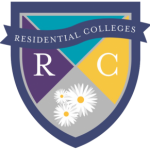
Residential Colleges
UNCG’s oldest learning communities—Residential Colleges—have been a part of the learning experience at UNCG since 1970. As the most intensive form of a learning community, Ashby College, Grogan College, and Strong College provide a small college experience, where first- and second-year students (as well as upperclassman mentors) live and take General Education classes together in a residence hall with faculty who work (and in some cases live) in the residence hall. Courses and co-curricular experiences in the Residential Colleges are linked by a key concept and learning approach specific to each College: Social Justice and Contemporary Media Literacies explored through multi-literacies and genre work (Ashby), Professionalism explored through project-/team-based learning (Grogan), and Sustainability explored through ethnography and field work (Strong).
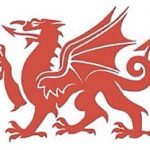
Lloyd International Honors College
As an independent academic unit, UNCG’s Lloyd International Honors College recruits outstanding undergraduate students, who are provided with enhanced and supportive intellectual and social experiences that help them to become critical, independent thinkers who are active in the design and pursuit of their own education, globally aware and engaged, and prepared to lead successful and fulfilling professional, civic, and personal lives. This is accomplished through enrollment in small Honors sections of regular catalog courses; interdisciplinary Honors courses and seminars; guided and supervised student research; guided and supervised international experiences; intellectual social activities; and the inclusion of creative modes of learning that incorporate performance, improvisation, and play.
Living-Learning Communities
In addition to the aforementioned integrated academic programs, UNCG offers a variety of additional Living-Learning Communities designed for first-year students and those in transition. Each of the living-learning communities in Housing and Residence Life incorporate a residential curriculum focused on a theme unique to each community—CONNECT (transfer student transitions), Global Village (diverse languages and world cultures), IMPACT (leadership), Make a Difference House (Service), MOSAIC (diversity and social justice), Spartan Wellness (healthy living), and Studio 91 (the arts).

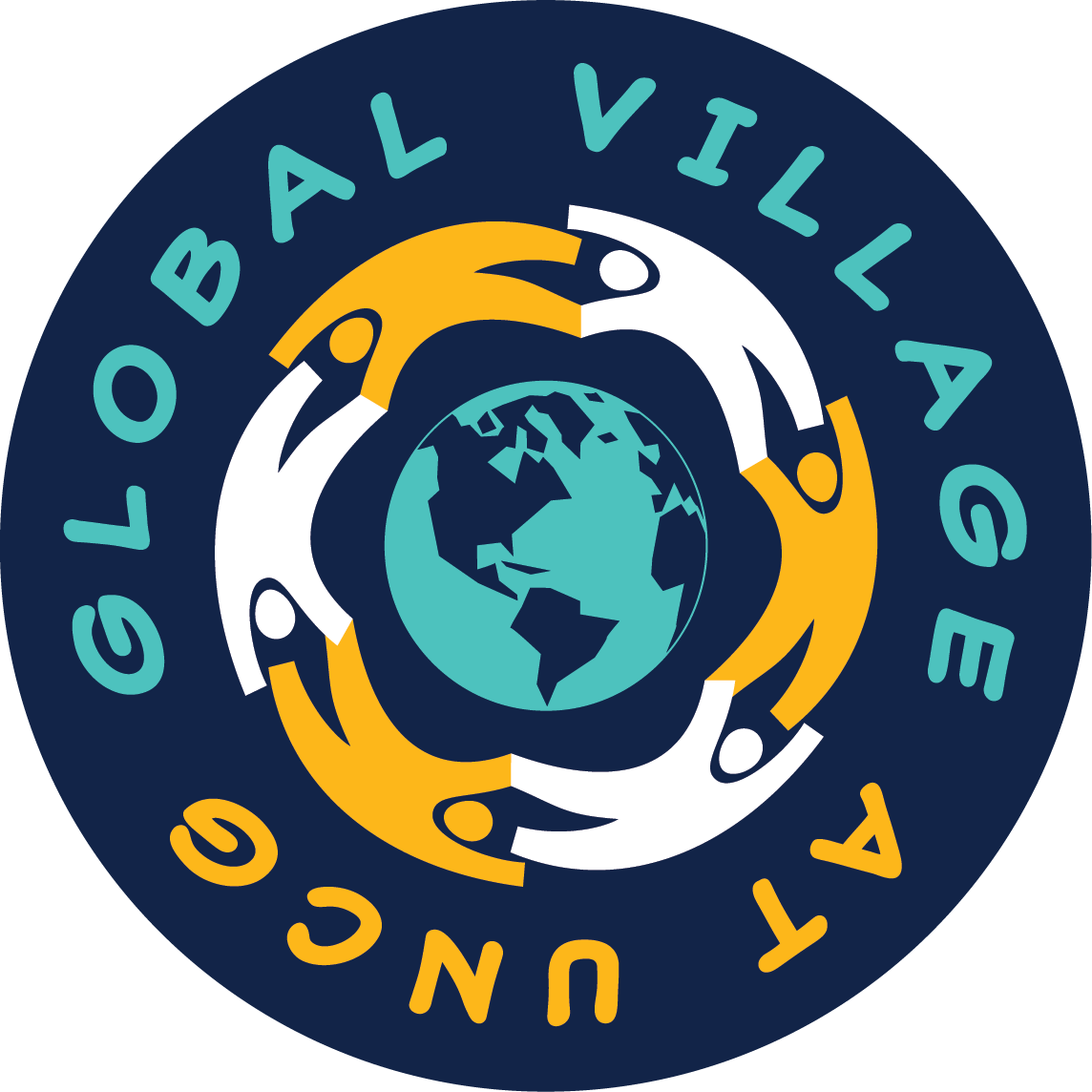
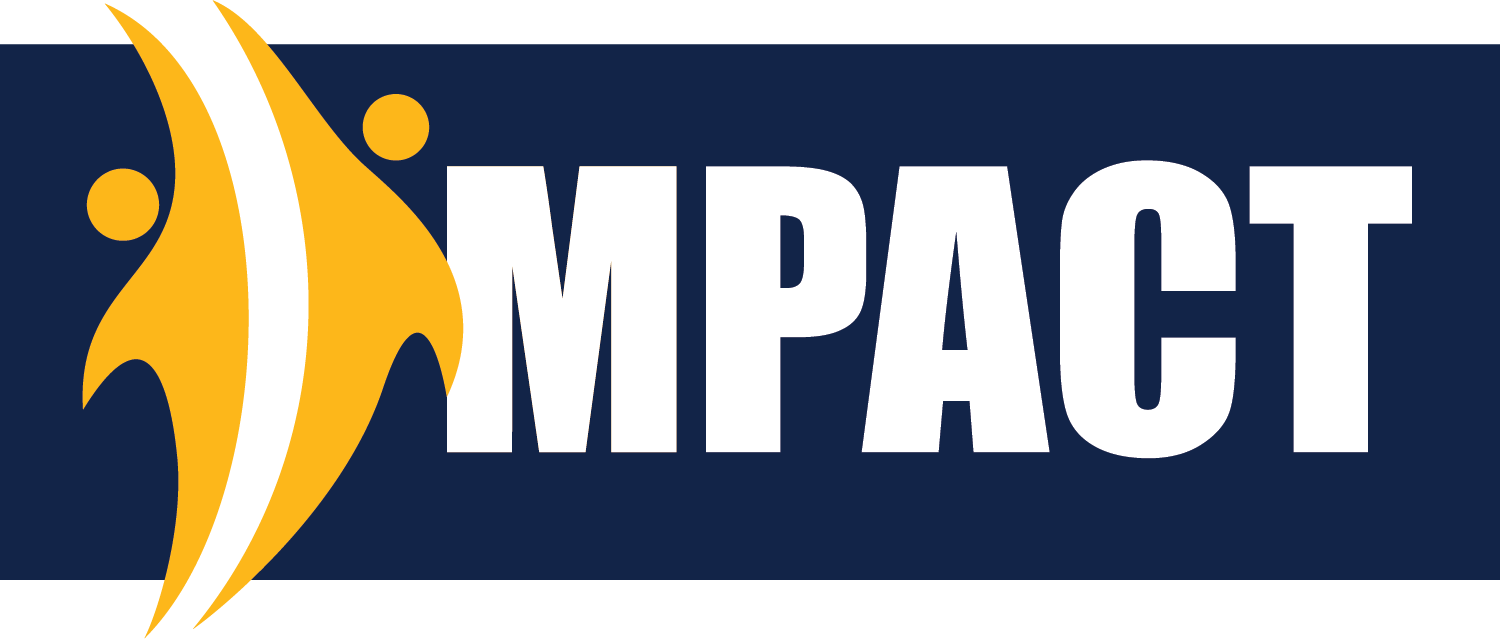
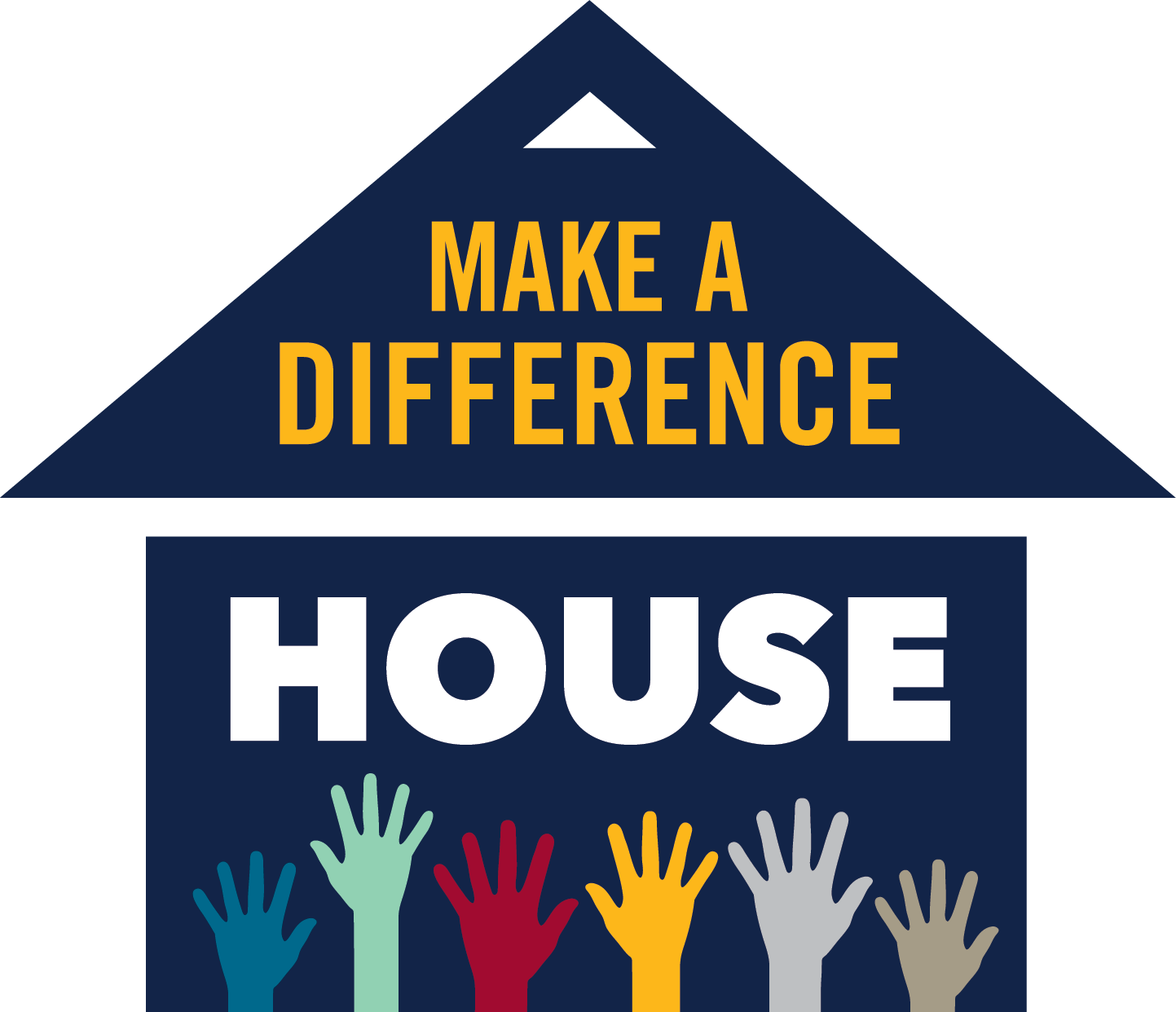
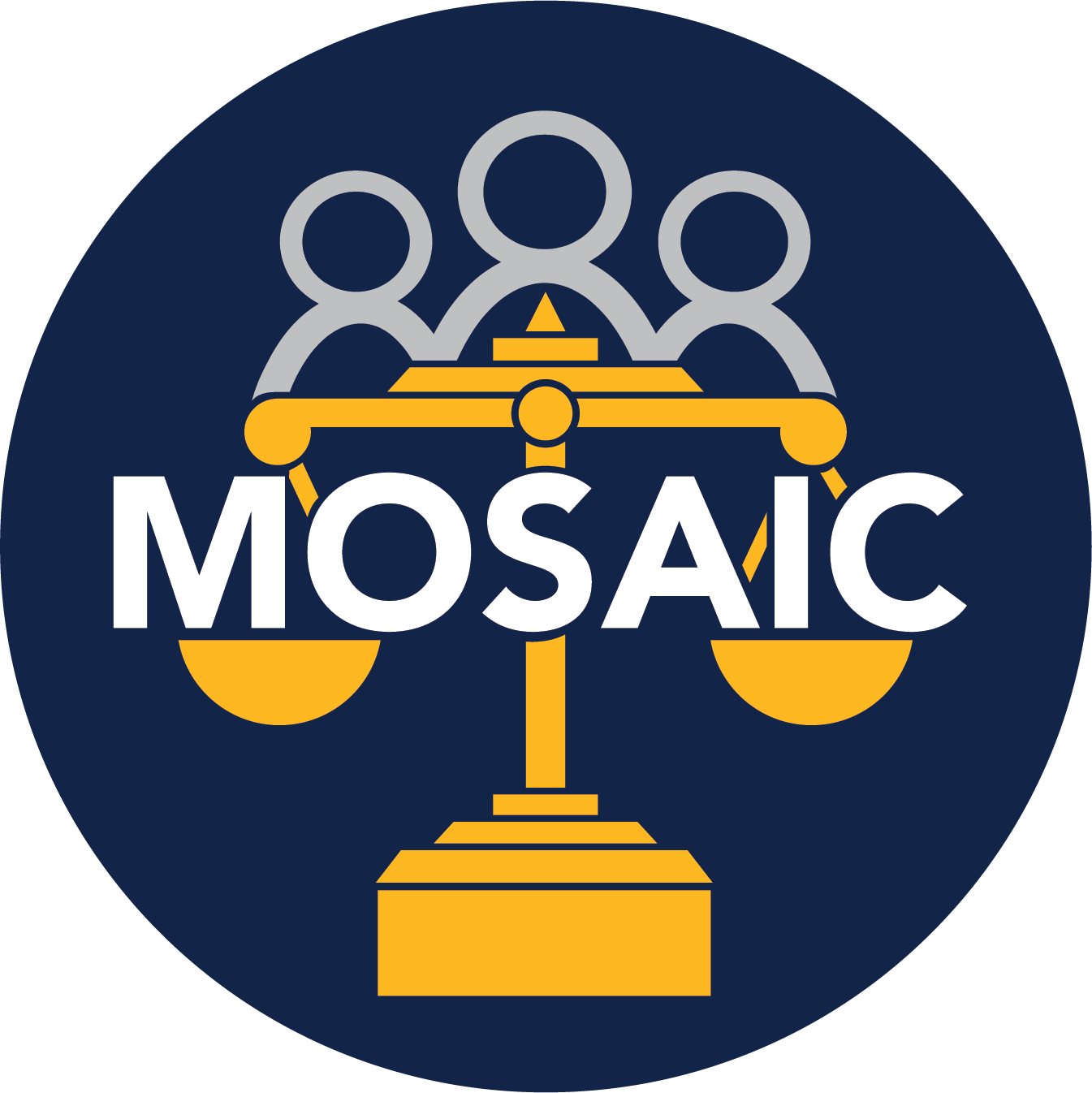
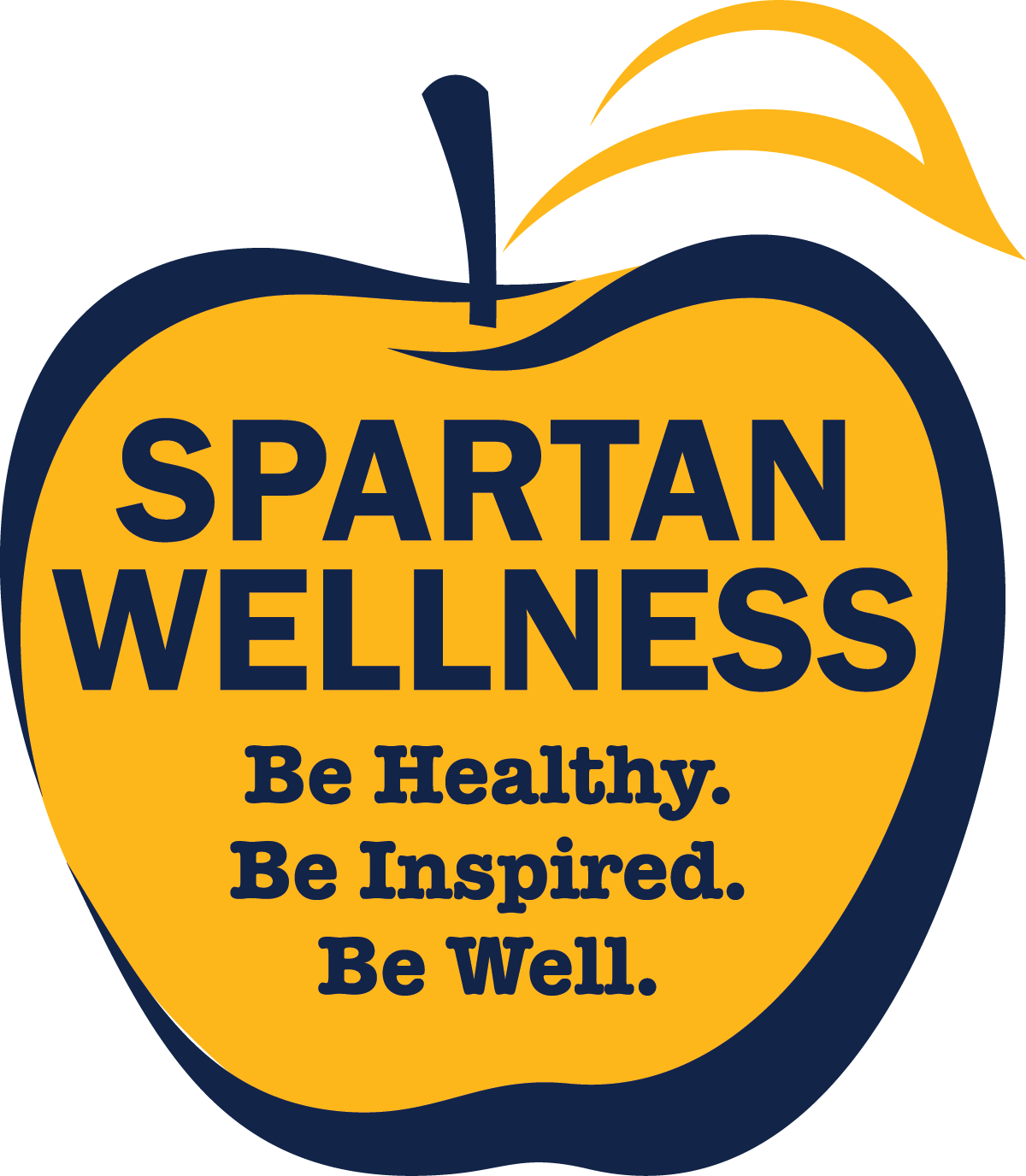
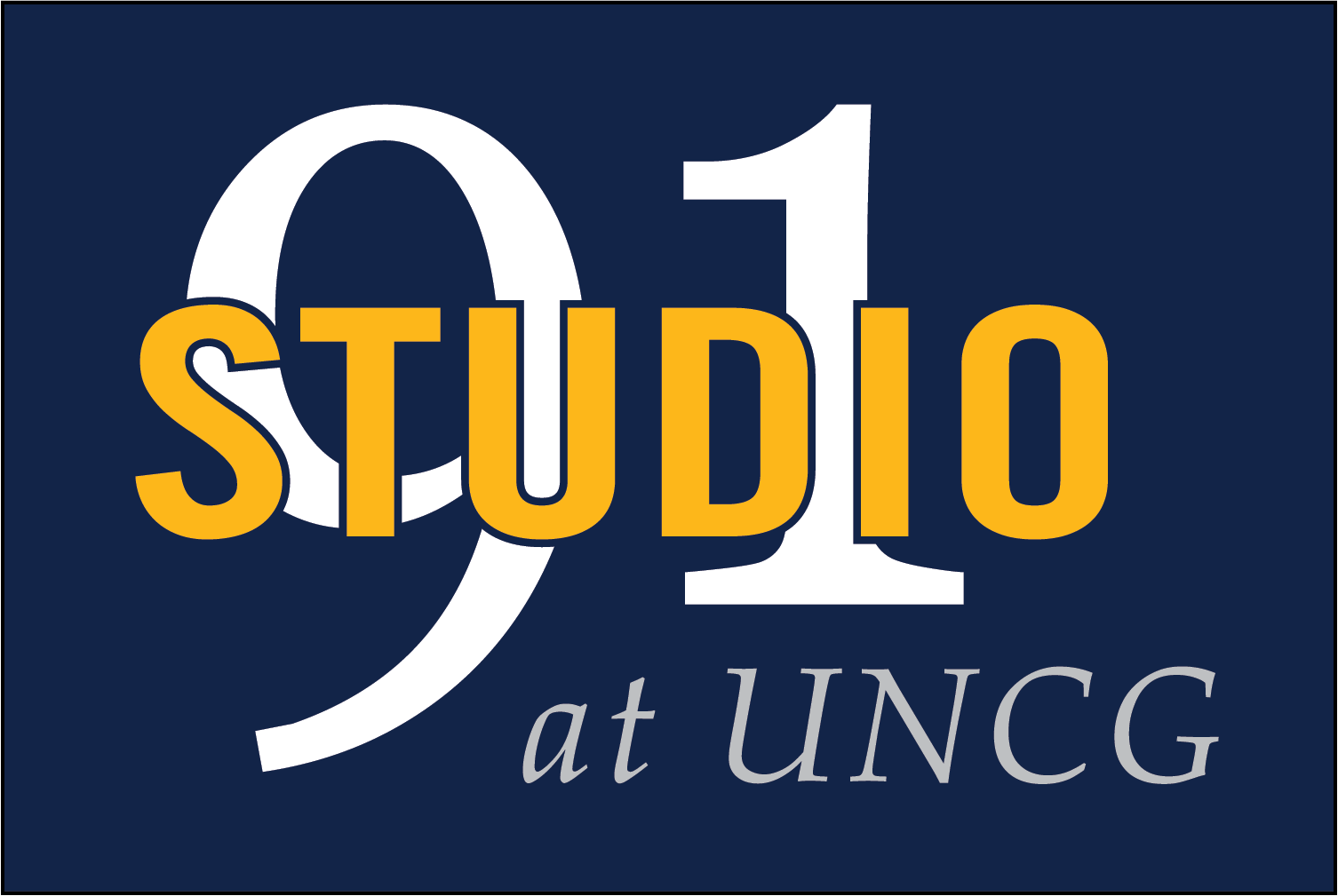
Research on Learning Communities in Higher Education
Seminal Research
Engstrom, C. M., & Tinto, V. (2008). Learning better together: The impact of learning communities on the persistence of low-income students. Opportunity MATTERS, 1. Retrieved from http://collegeofsanmateo.edu/bsi/docs/Engstrom%20Tinto2008.pdf
Taylor, K., Moore, W. S., MacGregor, J., & Lindblad, J. (2003). Learning community research and assessment: What we know now. National Learning Communities Project. Retrieved from http://wacenter.evergreen.edu/node/1740
Tinto, V., Goodsell-Love, A. & Russo, P. (2004). Building learning communities for new college students: A summary of research findings of the Collaborative Learning Project. Syracuse, NY: National Center on Postsecondary Teaching, Learning and Assessment. Retrieved from http://wacenter.evergreen.edu/sites/wacenter.evergreen.edu/files/buildinglcsfornew_0.pdf
Learning Community Journals
Learning Communities Journal – Presenting the Scholarship of Student and Faculty Learning Communities and Communities of Practice
Learning Communities Research and Practice – Promoting the Practices and Knowledge the Strengthen the Learning Communities Field
Learning Community Resources
AAC&U Resources Page on High-Impact Practices – Includes campus models and case studies on high-impact educational practices, including learning communities.
Learning Communities Association – Formed in 2016, the LCA aims to “foster college student learning, success, and development through the production and dissemination of knowledge that informs learning community theories, policies, practices, programs, and professional development enacted by higher education faculty, staff, and administrators.”
Washington Center Monographs on Learning Communities – As the National Resource Center for Learning Communities, the Washington Center’s monographs include findings from their Pew Charitable Trusts’ funded National Learning Communities Project (2000-2003).






